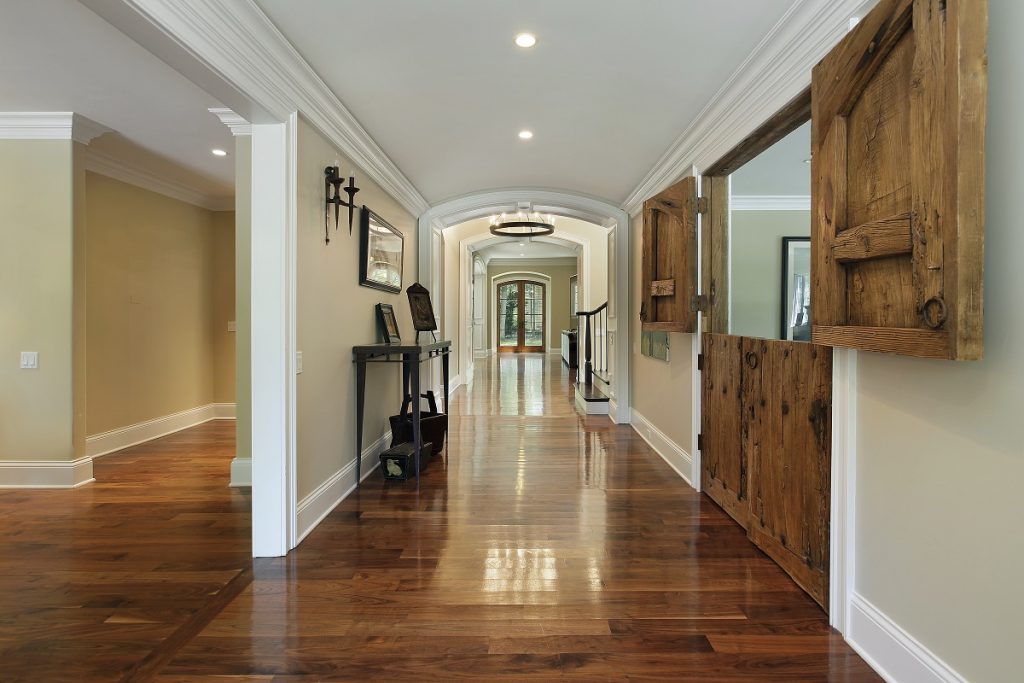It’s one of those home elements you rarely notice but actually make for a visually pleasing space: light. Not only that, but it also affects your mood and therefore how your days go. Depending on the amount you let into the space, light brightens up rooms and adds a fresh, natural color to your interiors.
More than the aesthetics, however, light control has far more uses, which has implications for your health. Take note of the following facts, and make sure to apply better light control techniques in your house to ensure better health not just for you but also your entire family:
1. It prevents glare
Some ways light enters your home—whether through windows or through other openings — causes glare. More than making it difficult to see, glare strains the eyes and causes headaches.
There are two kinds of sun glare: discomfort and disability. The former interferes with the clarity of an image, while the latter causes migraines.
This can be easily preventable with the help of residential window tinting in places such as Arizona (AZ). Another route you could take is using shutters or blinds to block off light. Do note that glare also happens when the sun’s light hits surfaces in your home.
When it’s too bright outside and you have darker interiors, the windows appear brighter than usual. As such, it’s best to use lighter shades for surfaces in rooms that have more windows that let in more natural light.
2. It influences moods
 Sometimes, it’s the things you barely notice that affect your emotions the most. As already mentioned, the amount of light coming into your space creates an atmosphere that could make or break moods.
Sometimes, it’s the things you barely notice that affect your emotions the most. As already mentioned, the amount of light coming into your space creates an atmosphere that could make or break moods.
For instance, a living room flooded with natural light is good for bringing that cheery vibe when entertaining guests in the daytime. A bedroom with dimly lit windows, on the other hand, is ideal for creating a laid-back vibe perfect for relaxation.
The influence of light control to moods goes as far as relieving (or avoiding) older people’s blues. Sundowners syndrome (a condition in seniors that cause them to suddenly break into tantrums as the sun goes down) is triggered by fading light. Close your curtains and blinds when dusk falls to avoid confusion among elderly loved ones.
3. It regulates better sleep
Lighting has a direct impact on sleep cycles. Exposure to light keeps you awake. In the same manner, darkness sends a signal to your body that it is time to sleep.
This is why it is important to be conscious of the light settings in your bedroom, especially if you work during evenings. The natural light coming into your room won’t help in letting you fall and stay asleep. Close the blinds or use window film.
Similarly, if your schedule calls for sleeping and waking up early, you will need to pay attention to light control in your bedroom. Open your blinds before going to bed to let natural light in as the sun rises. This sends signals to your body that it’s time to get up, helping you stick to your early morning routine.
Light control isn’t just an aesthetic element in a room; it can very well affect your health. Prioritize better light settings at home to promote wellness.

